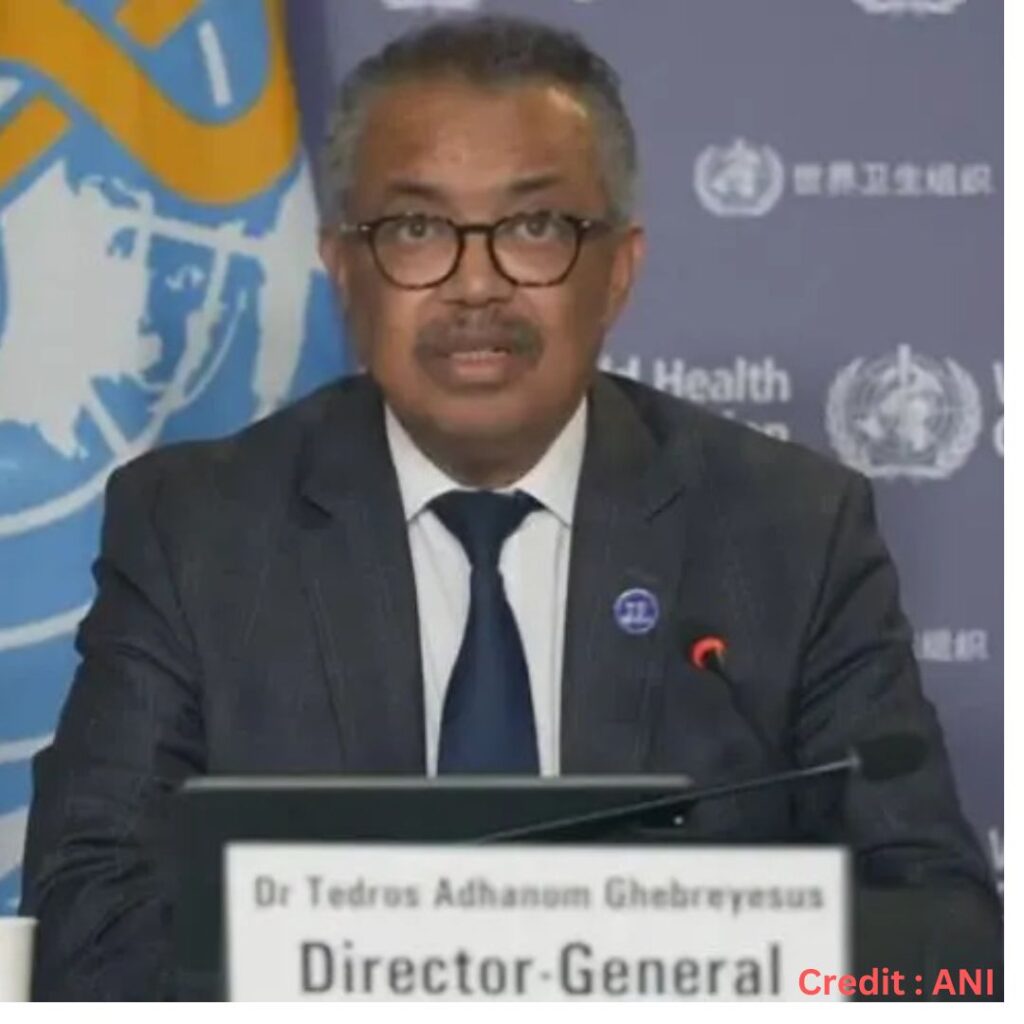
In a significant development for global public health, the World Health Organization (WHO) has officially declared a new outbreak of mpox, previously known as monkeypox, in various regions around the world. This announcement, made in August 2024, has raised alarms among health officials and communities alike, as the world continues to grapple with the implications of infectious diseases in an interconnected era. Here is what we know about the current situation, its implications, and the response from health authorities.
Understanding Mpox
Mpox is caused by the monkeypox virus, which is part of the Orthopoxvirus genus, the same family of viruses that includes smallpox. Although it was first identified in laboratory monkeys in 1958, the disease has primarily been found in regions of Central and West Africa. However, sporadic outbreaks have occurred in other parts of the world, particularly in the wake of global travel and trade. The symptoms of mpox include fever, rash, and swollen lymph nodes, and it can lead to more severe health complications, particularly in vulnerable populations.
The Current Outbreak
The WHO’s announcement of the 2024 mpox outbreak has been prompted by an unusual increase in reported cases across multiple countries, with clusters emerging in regions previously considered low-risk. As of August 2024, cases have been reported in North America, Europe, Asia, and parts of Africa, indicating a worrying trend of transmission beyond traditional endemic areas.
Health experts are closely monitoring the situation, as the rapid spread of the virus can overwhelm healthcare systems and lead to increased morbidity and mortality. The WHO has stated that this outbreak is being treated as a high-priority public health emergency, urging countries to increase surveillance, implement preventive measures, and ensure that healthcare facilities are prepared to handle potential cases.
Factors Contributing to the Outbreak
Several factors have contributed to the resurgence of mpox on a global scale. Increased human-animal interactions, particularly in areas where wildlife habitats are encroached upon, have led to more frequent zoonotic spillovers. Additionally, global travel has facilitated the spread of the virus to regions where it was once rare or nonexistent.
Another contributing factor is the misinformation surrounding infectious diseases. In the past years, public hesitancy towards vaccines and preventive measures has been exacerbated by social media misinformation, further complicating efforts to control outbreaks. The WHO emphasizes the importance of clear communication and community engagement in combating misinformation and ensuring that communities are informed about the risks associated with mpox.
Health Responses and Recommendations
In response to the outbreak, the WHO has called on countries to take immediate action to mitigate the spread of mpox. Key recommendations include:
1. Enhanced Surveillance: Countries are encouraged to strengthen their disease surveillance systems to detect and report cases promptly. This includes monitoring animal populations for signs of the virus and tracking human cases.
2.Vaccination Campaigns: The WHO has recommended the use of vaccines that are effective against monkeypox, particularly for high-risk populations, including healthcare workers and individuals who may have been exposed to the virus.
3. Public Awareness Campaigns: Educating the public about the symptoms of mpox, modes of transmission, and preventive measures is crucial. The WHO advises that transparent and information should be disseminated through various media channels to combat misinformation.
4. International Collaboration: Global health security requires cooperation among countries. The WHO urges nations to share data, resources, and best practices to combat the outbreak effectively.
Conclusion
The declaration of a global mpox outbreak in 2024 serves as a stark reminder of the interconnectedness of our world and the ongoing threats posed by infectious diseases. As countries mobilize to address this emerging health crisis, the collective responsibility lies with health authorities, policymakers, and communities to work together in preventing the further spread of mpox.
Staying informed, adhering to public health guidelines, and actively participating in vaccination efforts are essential steps in safeguarding public health. With vigilance and cooperation, the global community can navigate this challenge and mitigate the impact of mpox on populations worldwide. As we move forward, it is crucial to remain alert and prepared for the evolving landscape of infectious diseases, ensuring that we learn from past experiences to build a healthier future.

